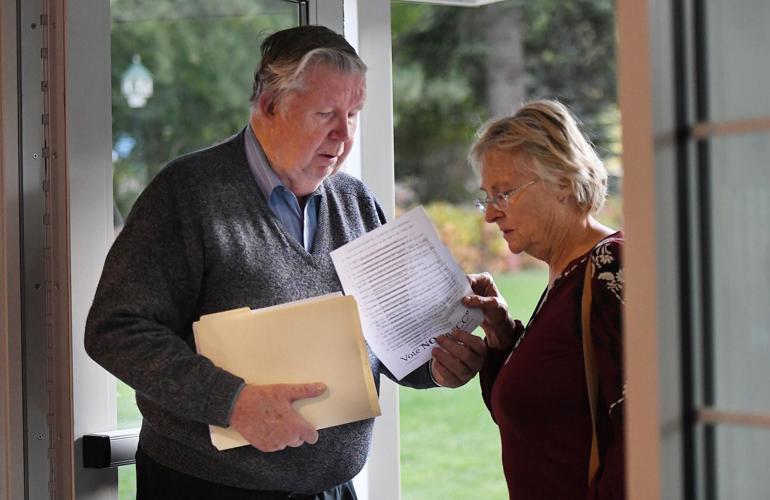Colorado’s fee-based enterprises skirt TABOR, increase revenue by 3,000%
State-owned enterprises increase fees from 46% of total state spending in 1996 to 71% in 2023
In the first year after TABOR was enacted, fee-based enterprises generated $742 million.
In the 28 years between 1992 and 2020, legislators created 24 new enterprises which together, collected $20.9 billion in 2020. By 2023, their revenue had increased by over 3,000%, far beyond population growth (62%), to $23.3 billion, said the report.
Proposition 117, passed in 2020, required new enterprises projected to collect more than $100 million obtain voter approval. In response the state established eight new enterprises and expanded a preexisting one to bypass TABOR again, costing Coloradans a total of $88.3 million in fiscal year 2023, according to the report.
Defining what “tax” and “fee” mean is often a subtle distinction and has recently been the subject of controversy. At its simplest says CSI, a tax is a mandatory payment to the government that funds a wide range of public services and programs, like income tax or sales tax. A fee on the other hand, is a payment made for a specific service or benefit provided directly to the person paying it, such as a park entrance fee or a vehicle registration.
“Users of public services, like parks, toll roads, and waste disposal facilities, pay fees to the state government enterprises responsible for them. These enterprises are government-owned entities that fund their operations with the fees they collect. They must receive less than 10% of their funding from government grants,” said CSI. “Some fee enterprises, including several that were established after 2020, provide no direct services to their payers and behave instead as means of generating revenue for government projects and/or disincentivizing adverse behaviors.”
Examples of fee-funded enterprises include Bridge and Tunnel, Community Access, Clean Motor Vehicle, 988 Crisis Hotline, Air Pollution Mitigation, Clean Transit, Orphan Wells, Air Quality and Natural Disaster Mitigation enterprises.
Two major fee-related bills passed into law during the 2024 legislative session that will take effect in years to come include the Transportation Enterprise Special Revenue Fund that looks to collect $28.5 million in 2025 and a fee on oil and gas production that will fund the Clean Transit Enterprise and the Colorado Parks and Wildlife Enterprise.


Leave a Reply